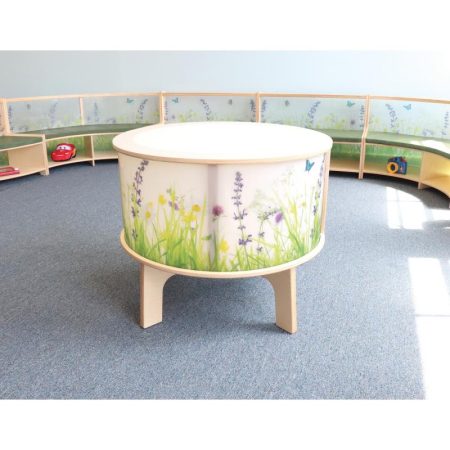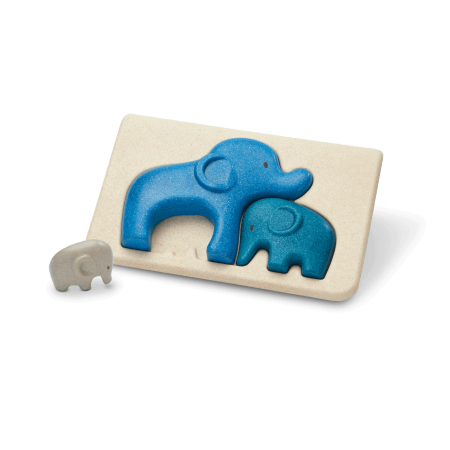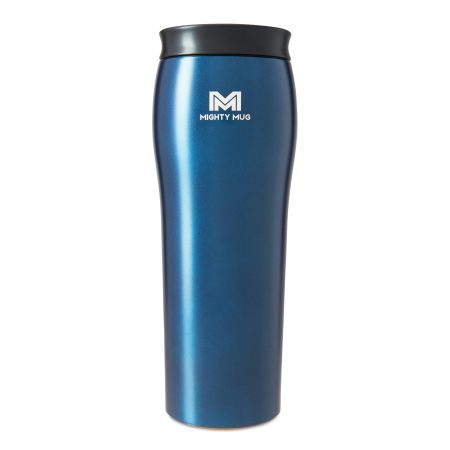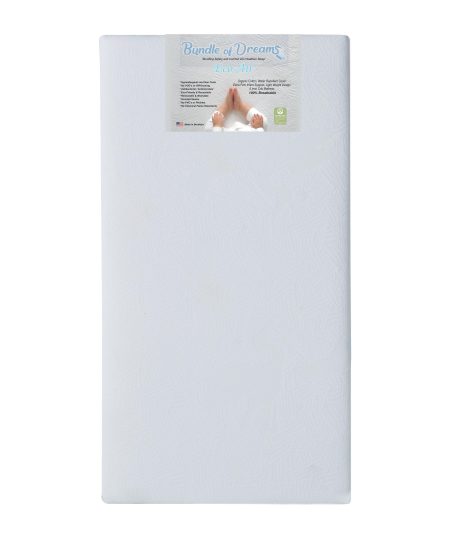Focusrite ISA One Digital Microphone Pre-amplifier
Focusrite ISA One Digital Microphone Pre-amplifier
-70% Off$18,980.40
Description
Buy Focusrite ISA One Digital Microphone Pre-amplifier online in India – India’s music equipment superstore.
Focusrite ISA One Digital Microphone Pre-amplifier
The ISA One microphone preamplifier delivers Focusrite’s prestigious ISA transformer-based preamp in a rugged and portable chassis, at a groundbreaking price. ISA One features the classic vintage microphone preamplifier topology from the original ISA 110 module, including the Lundahl L1538 transformer and bespoke zobel network. (The original 110 pre amp formed the cornerstone of each channel of Focusrite’s legendary Forte console.)
The pre-amp is complemented by a line input (XLR and TRS Jack) and an independent DI channel, complete with dedicated gain control, active or passive impedance switch, a TRS Jack output for routing to an amp and an independent XLR output on the rear. This flexible independent DI makes the ISA One ideal both for engineers wishing to blend a DI’d guitar signal with a mic’d guitar cabinet, and for demanding performers who require a single classic solution for both guitar and vocals.
A variable impedance circuit has been added, allowing the user to switch between four carefully selected input impedance settings. In addition to the original ISA 110 impedance, three further impedance settings allow perfect matching, or creative mismatching of the pre amp with any microphone. ISA One also features an insert point, should the need arise to place extra processing between the preamp or DI, and the optional converter. Phantom power, phase reverse and a 75Hz, 18dB/octave high-pass filter are also available from the angled front fascia.
Independent input metering for both channels is provided in the form of a moving-coil VU meter with variable calibration to suit analog and digital recording media, alongside two six-LED peak meters; inputs can be metered either pre- or post-insert. The meter calibrations utilize all the same reference points as Digidesign’s Pro Tools HD system, allowing effortless line-up.ISA One’s headphone output features a dedicated volume control, which delivers an external stereo cue mix, (a simple click track, or a stereo mix feed from an interface or a live console,) fed to the headphones via two TRS jack inputs on the rear of the unit.
An optional state-of-the-art stereo A/D converter is also available (the same card as used with the ISA430 Mk II), embodying cutting-edge conversion technology seated within Focusrite’s custom analogue circuitry. This optional card can be retrofitted at any time and provides two channels of 24 bit/192kHz A-D conversion with a dynamic range of 119dB.
The ISA microphone preamplifier was first introduced back in 1985. This transformer-based preamplifier formed the first half of the ISA 110 mic-pre and EQ module on Focusrite’s critically acclaimed Forte console. This console, and the later Studio console were hailed by many as the finest sounding consoles ever built.The ISA microphone preamplifier went on to form the cornerstone of all ISA and RED Focusrite products.
The topology has never changed, except for the addition of a variable impedance circuit, allowing ISA users to either perfectly match the preamp with any microphone, thus maximizing level, or to use different settings creatively to shape the sound of the microphone being used. The original ISA 110 setting was supplemented by three further impedance settings.The Focusrite preamp is renowned for its transparency, but there’s also that subtle warmth that transformer core saturation contributes. This seeming contradiction of warmth plus beautifully open, unrestricted high frequencies, is a classic hallmark of the mid ’80s Focusrite designs.
With processors whose bandwidth is strictly limited to the audible (20Hz to 20kHz) bandwidth alone, significant roll.Off can still occur, affecting the higher audible frequencies of the signal. Therefore, in order to capture every subtle nuance, exactly as it occurs whilst avoiding any roll-off, the preamp must operate over a far greater bandwidth. The extremely broad frequency response of Focusrite preamps – close to 200kHz at the top end – guarantees accurate phase response across the much narrower range of human hearing, the roll-off point being moved entirely outside of the audible hearing range.
ISA Series Transformer-based preamplifier
Encased in a rugged and portable chassis, ISA One offers the classic Focusrite microphone preamplifier at its lowest cost to date.
Switchable Impedance
Choose one of four carefully selected input impedances, including the original ISA 110 setting, to suit any microphone.
Optional Stereo 192kHz ADC
This optional card embodies cutting-edge conversion technology, incorporating Focusrite analog circuitry to deliver the best A/D performance in its class (Dynamic range of 119dB).
Headphone Output with Volume Control
ISA One can feed either a sum of the two inputs to the headphones output, or an external stereo cue mix (such as a stereo mix feed from an interface) via two TRS Jack inputs on the rear of the unit.
Dedicated Insert Point
Allows you to place extra processing between the preamplifier or DI and the optional converter, such as an EQ or compressor.
Focusrite ISA One Digital Mic Pre-amplifier Features:
- ISA Series Transformer-based Preamplifier
- Flexible Independent DI Channel
- Switchable Impedance
- Headphone Output with Volume Control
- Dedicated Insert Point.
Focusrite ISA One Digital Mic Pre-amplifier Specifications:
- Mic Input Response
- Gain range: 0dB to 60dB in 10dB steps + 20 dB of variable gain
- Input Impedance, variable as follows:-
- (Switched Impedance setting Equivalent Input Impedance at 1kHz)
- Low: 600 Ohms
- ISA110: 1400 Ohms
- Med: 2400 Ohms
- High: 6800 Ohms
- EIN (equivalent input noise): -126dB measured at 60dB of gain with 150 Ohm terminating impedance and 22Hz/22kHz band-pass filter
- Noise at main output with gain at unity (0dB): -97dBu measured with a 22Hz/22kHz band-pass filter
- Signal to noise ratio relative to max headroom (9dBu): 106dB
- THD at medium gain (30dB): 0.0009% measured with a 1kHz -20dBu input signal and with a 22Hz/22kHz band-pass filter
- Frequency response at minimum gain (0dB): -0.5dB down at 10Hz and -3dB down at 125kHz
- Frequency response at maximum gain (60dB): -3dB down at 16Hz and -3dB down 118kHz
- CMRR=98dB (Channel 1, 1kHz, maximum gain with +24 dBu input)
- Crosstalk Channel to Channel: with 10dB@1kHz input to chA, chB output:104dBrA. With 10dB@10kHz input to chA, chB output: 84dBrA
- Line Input Response:
- Gain range: -20dB to +10dB in 10dB steps + 20 dB of variable gain
- Input Impedance: 10k? from 10Hz to 200kHz
- Noise at main output with gain at unity (0dB): -96dBu measured with a 22Hz/22kHz band-pass filter
- Signal to noise ratio relative to max headroom (24dBu)=120dB
- Signal to noise ratio relative to 0dBFS (+22dBu): 118dB\
- THD at unity gain (0dB): 0.001% measured with a 0dBu input signal and with a 22Hz/22kHz band-pass filter
- Frequency Response at unity gain (0dB): -0.3dB down at 10Hz and -3dB down at 200kHz
- Instrument Input Response
- Gain range: 10dB to 40dB continuously variable
- Input Impedance:
- High: greater than1M?
- Low:greater than 300k?
- Noise at minimum gain (+10dB): -92dBu measured with a 22Hz/22kHz band-pass filter
- Noise at maximum gain (+40dB): -62dBu measured with a 22Hz/22kHz band-pass filter
- THD at minimum gain (+10dB): 0.001% measured with a 10dBu input signal and with a 22Hz/22kHz band-pass filter
- Frequency Response at 10dB gain with -10dB input: 10Hz-100kHz +/- 0.6dB
- Frequency Response at 40dB gain with -40dB input: -2.5dB down at 10Hz and 0dB at 100kHz
- High Pass Filter
- Roll off: 18dB per octave 3 pole filter
- Fixed Frequency 75Hz measured at the 3dB down point
- Meters
- Moving coil (MC) meter is factory calibrated to 0VU: +4dBu with 1kHz sinewave. With the VU Cal button pressed the meter can be adjusted on the rear panel to allow 0VU to equal +10dBu to +26dBu with the centre detent being equal to +22dBu.
- Peak LED meters calibrated in the detent position for 0dBFS: +22dBu, calibration is adjustable on the rear panel to allow 0dBFS to equal +10dBu to +26dBu
- Routing for MC and Peak1 meter is after the HPF, pre insert send or switched post insert return. Peak2 is always pre ADC channel 2, which can be fed by external input or Instrument input.
- LED levels are as follows when peak calibration is set to center detent on the rear panel. (This is when using the internal ADC).
- 0: +22dBu
- -2: +20dBu
- -6: +16dBu
- -12: +10dBu
- -18: +4dBu
- -42: -20dBu
- FRONT AND REAR CONNECTIVITY:
- Analog Channel Inputs:
- Mic input: XLR x 1
- Line input: XLR x 1 and TRS x1
- Instrument input TRS Jack: XLR x 1
- External ADC input: TRS Jack x 1
- Return: TRS Jack x 1
- Analog Channel Outputs:
- Send: TRS Jack x 1
- Balanced line output: XLR x 1
- DI output: XLR x 1
- DI through: TS Jack x 1
- Analog Channel Additional I/O:
- Cue mix left input: TRS Jack x 1
- Cue mix right input: TRS Jack x 1
- Headphones output: ¼” TRS Jack x 1
- Weight
- 8.6 Ib. (3.9 kg)
- Dimensions(H x W x D)
- 8.66″ x 4.1″ x 10″ – 11.4″, (220mm x 104mm x 254 – 290mm).
Made in China







